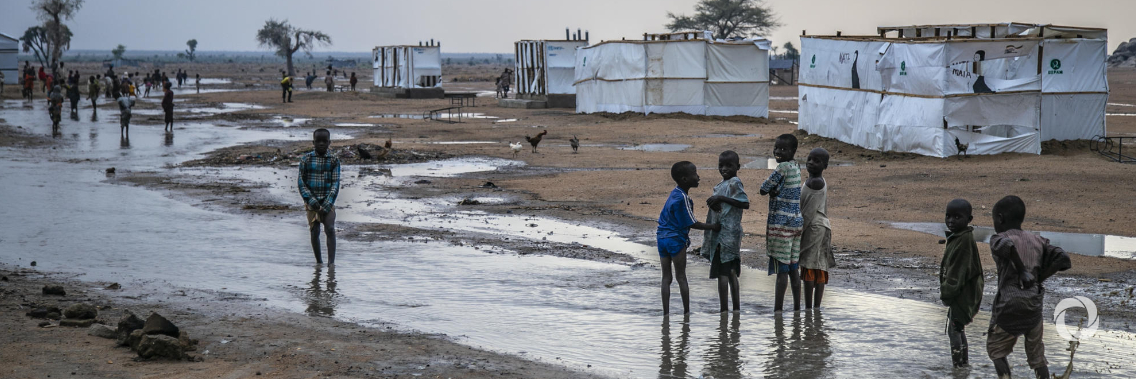A total of 7.9 million people in Nigeria – more than one in two people in Borno, Yobe and Adamawa states – need humanitarian assistance in 2020.
Humanitarian organizations have faced increased access constraints and security-related incidents that hamper more effective humanitarian response in the three states. With the upsurge in attacks over the past year, and specifically in recent months, aid organizations were forced to scale down activities and temporarily withdraw their staff in some areas.
In Borno State, most roads leading in and out of Maiduguri, the state capital, are insecure for civilians and aid workers. Across the three states, some 1.2 million people are out of reach for humanitarian organizations and deprived of much-needed assistance and civil authority services.
Resurgence in non-State armed groups activity has led to further military restrictions on civilians and greater scrutiny of humanitarian organizations.
In Borno, aid workers, and the assistance they deliver, are constrained to garrison towns or Maiduguri and neighbouring areas. There are also significant bureaucratic impediments restricting the humanitarian response, especially for international non-governmental organizations.
The UN calls on all parties to allow and facilitate safe and unimpeded access to humanitarian aid by people in need. The UN also stresses the urgent need for greater respect of international law and protection of civilians who are trapped in a crisis that is not of their making.
The UN and its partners will continue to work closely with the Federal and State Governments, including through the newly established National Humanitarian Coordination Committee, and the Borno State Agency for the Coordination of Sustainable Development and Humanitarian Response, to safeguard humanitarian space and principled humanitarian action.
Despite challenges, humanitarian actors reached more than 5.2 million people in 2019, and an average of 4.4 million in the past five years. More than 4 million people received emergency health treatment or support, 2.4 million benefited from food assistance and aid workers saved the lives of more than 650 children suffering from severe acute malnutrition over the past year.
Original source: UNOCHA
Published on 04 March 2020

